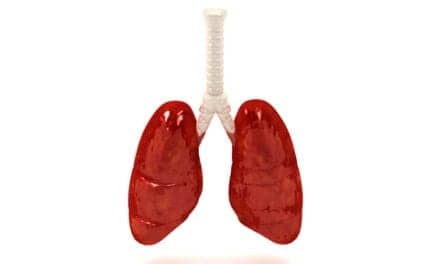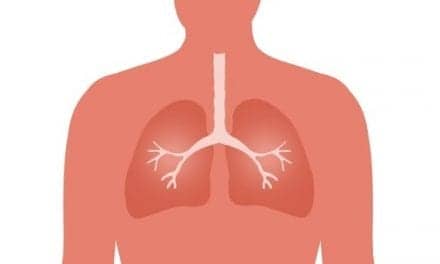Human respiratory syncytial virus (HRSV) is a major cause of respiratory tract infections in infants. High-risk children may receive prophylactic palivizumab therapy; however, no effective antiviral or anti-inflammatory treatment exists.
A vaccine against HRSV may now be on the horizon, following work by researchers from Belgium published in EMBO Molecular Medicine[1]. They have developed a vaccine based on the extracellular domain of the Small Hydrophobic protein (SHe) of HRSV and found that it induced immune protection in mice and rats, acting via a mechanism that differs from the natural immune response.









